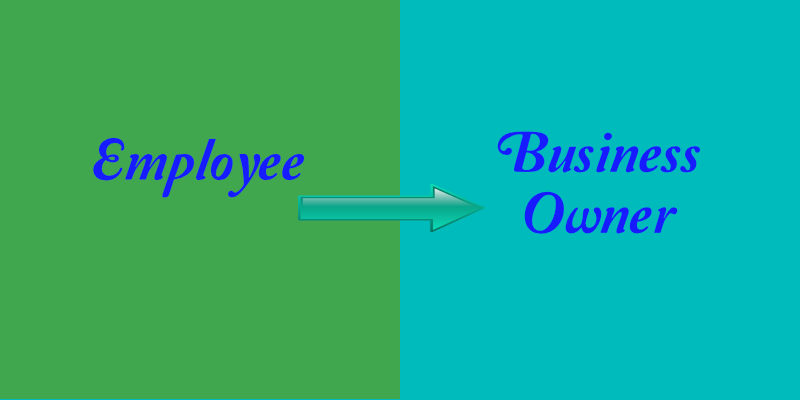
If you are considering venturing from an employee to a business owner then you should consider the structure of your business. The choice of sole proprietorship or corporation can impact the taxes you will pay, the personal liabilities you will face, or the administrative work you will require to do.
Sole Proprietorship
A sole proprietorship is simple and inexpensive to set up.
Net business income is taxed in the hands of the owner at personal marginal tax rates and reported on form T2125, Statement of Business or Professional Activities, on your T1 personal tax return. Business losses can be deducted against other sources of income in the current year or may be carried back or forward.
Sole proprietor has unlimited personal exposure for business debts or other liabilities.
At a later day, a sole proprietor can incorporate a sole proprietorship. There are tax implications for the conversion from a sole proprietor to a corporation. Read more on Tax Implications to Incorporate a Sole Proprietor.
Corporation
A corporation is a little complicated and expensive to set up.
A corporation is a separate entity, net business income is taxed at corporate tax rates and reported on a T2 corporate tax return. There is the opportunity to optimize income and defer tax to the extent the profit is not distributed to shareholder as a salary or dividend. Learn more on Tax Integration.
The shareholder (owner) is generally not personally liable for debts or other liabilities of the corporation.
Please feel free to contact Terry.